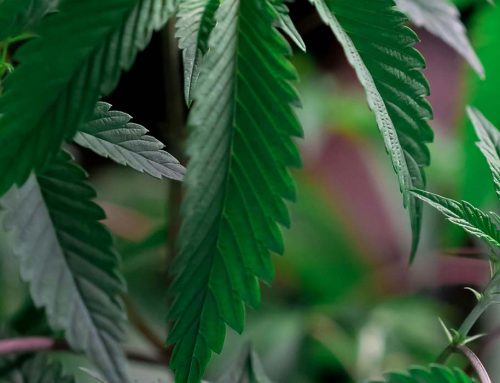In late November 2018, representatives of three political parties that form the incoming coalition government of Luxembourg–the Democratic Party, the Luxembourg Socialist Workers’ Party, and the Greens–announced at a news conference their intention to legalize recreational cannabis. If the country does legalize, it will be the first nation in the European Union to do so.
Luxembourg has a population of about 600,000 and is bordered by Belgium, France, and Germany. Residents of those three countries do not need a travel permit to visit. In addition, residents of many other EU countries can travel to Luxembourg without a passport, while those in the remaining EU countries can visit with one. Cannabis tourism may not result from legalization, however, as Marijuana Business Daily reports that the Socialist Workers’ Party seeks only legalization for residents and “isn’t considering transforming Luxembourg into a cannabis tourism destination.” The coalition has listed basic public policy reasons for backing legalization: crime reduction, diminishment of the black market, and consumer safety. Generation of tax, trade, or tourism revenue is not listed as a goal.
Cannabis in the EU
The EU countries are signatories to three UN conventions that outlaw marijuana. Canada, which recently legalized, is a signatory as well, and its contravention of these conventions has drawn a rebuke from the UN, but the international body has no power to enforce its laws. As a result, the conventions may not play a significant role in future debates in the EU regarding legalization. Hemp is legal in the EU, but the union leaves marijuana law to its member nations. As recently as 2004, however, the EU resolved to encourage its member states to prosecute those who cultivate and traffic in marijuana.
In Europe as in North America, public opinion has recently swayed very much in favor of legalization of marijuana, especially medical legalization. Luxembourg, which legalized medical cannabis in 2018, has contracted with the Canadian company Aurora Cannabis to provide its medical cannabis. The first order was for 20 kilograms. Medical cannabis may soon generate €55.2 billion in business in the EU. However, two significant obstacles remain. One is the lack of rigorous scientific research into medical cannabis. Its illegality, as well as its taste and smell, make it difficult for researchers to conduct studies into its efficacy. In the very highly regulated field of medicine, clinical (or anecdotal) data, however promising, is not enough to gain entry for a new drug. The other obstacle may be called governmental inertia: cannabis is currently illegal, and thus it tends to remain so. Currently, however, medical research into cannabis is being conducted in Israel as well as other countries and is slowly generating the kinds of results that lead to medicines that comply with rigorous regulatory standards.
EU nations that have legalized medical cannabis include the Czech Republic, Denmark, and Germany, where tens of thousands of applications for insurance coverage for medical cannabis have been filed. Greece and Malta have also legalized medical use. In the Netherlands cannabis is illegal but famously tolerated in certain markets, as is now also the case in Spain. Poorer nations, including Portugal, which has medical cannabis plantations, are considering legalization as a way to enter the cannabis market.
If Luxembourg legalizes adult use in 2019, other EU countries may do the same, and perhaps a poorer nation or two may invite legal cannabis tourism, as it already exists de facto in Amsterdam and Barcelona. If Luxembourg legalizes, it will be a significant first that may lead other EU countries to follow suit.
What do you think? Will 2019 be a breakthrough year for cannabis in Europe? Leave a comment below.






